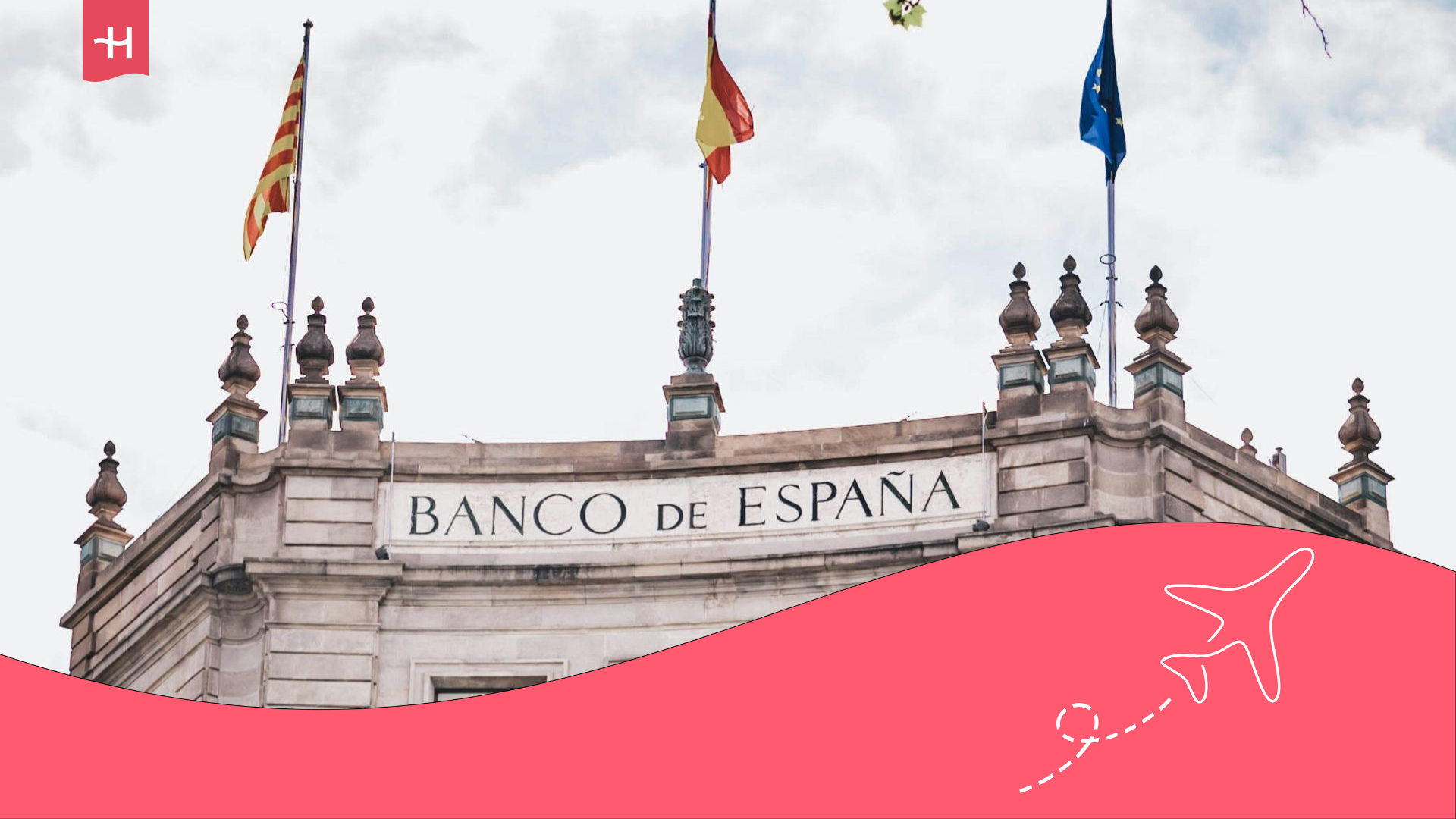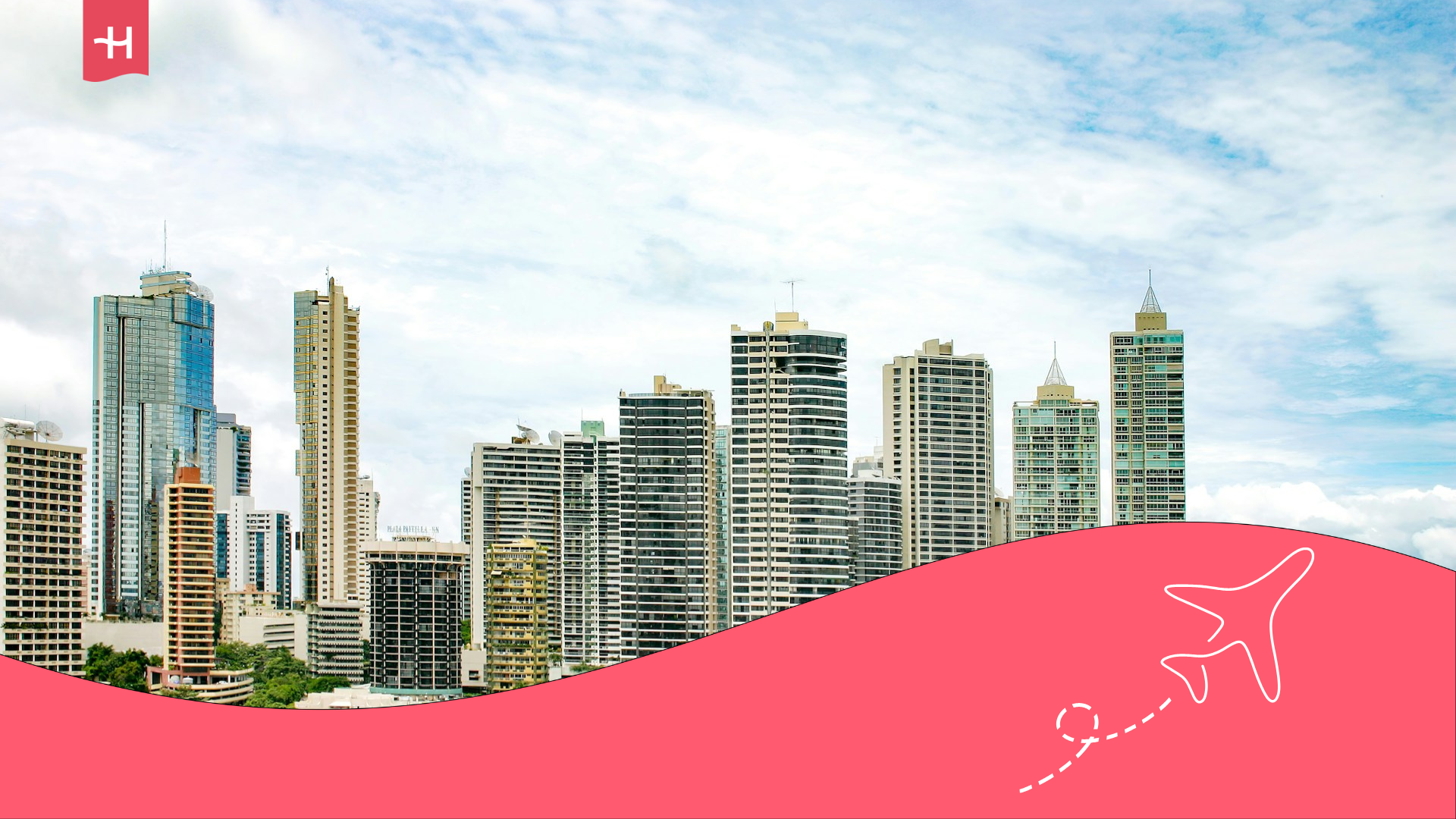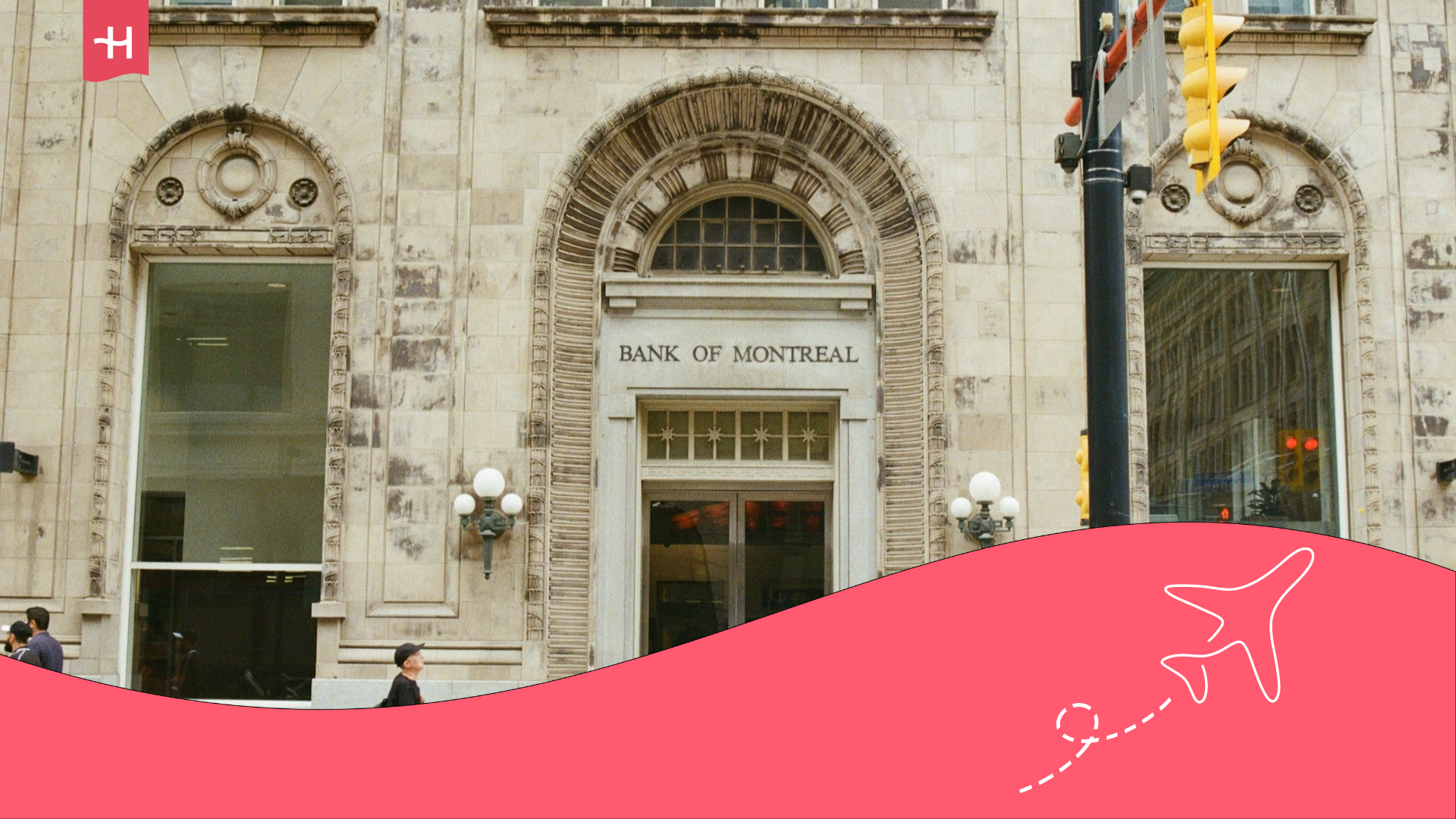Cost of living in Switzerland: Food, transport, and more
If you are considering living in this country, find out what the cost of living in Switzerland is beforehand. We provide information on current prices in 2025.
Not sure whether to move to this country or another destination? If you know the real cost of living in Switzerland, your decision will become clearer. It’s important to research rental prices, how much groceries or restaurant meals cost, transport and of course, exploring the country and enjoying leisure activities!
Switzerland is one of the most expensive European countries, so you’ll need a solid financial base to cover the costs we’ll outline in this article. On the other hand, the quality of life here is hard to beat. Is it worth it then? Let’s find out together.
Average cost of accommodation in Switzerland
To calculate the cost of living in Switzerland, one key factor is accommodation prices, whether hotels, flats, or colivings. We researched different options, excluding luxury places or those without essential services. Here’s an idea of what you’d pay to stay in this country:
- Mid-range hotels: Best for short stays, these offer private rooms, bathrooms, and breakfast included. Prices range between $165–275 (€150–260) per night, like Hotel Limmathof in Zurich.
- Furnished flats: Private, fully equipped homes ideal for longer stays. Monthly rates start at $3,990 (€3,800), such as Visionapartments in Zurich.
- Colivings: Perfect for short or long terms, especially remote workers. Shared living spaces cost from $1,577 (€1,502) monthly in central Zurich, like TomoDomo.
- Airbnb: Private rooms from $110 (€105), while full flats start at $180 (€170) per night.
Food costs in Switzerland
Let’s talk about food costs in Switzerland, both dining out and shopping in supermarkets like Coop and Migros. Knowing staple product prices helps plan weekly menus and keep better control of your budget. Let’s make the shopping list:
- Pasta (500 g): $1.67 (€1.59).
- Eggs (dozen): $5.56 (€5.30).
- Milk (1 litre): $1.65 (€1.57)
- Beef (1 kg): $55.56 (€52.92).
- Chicken (1 kg): $27.78 (€26.46).
- Chocolate (100 g): $2.78 (€2.65).
- Coffee (250 g): $5.56 (€5.30).
- Bread loaf (500 g): $3.35 (€3.19).
When dining out, prices depend on location, with Zurich city centre being pricier due to tourism. In other districts or cities, costs are lower. Here’s what you’d roughly spend at restaurants in Switzerland:
- Breakfast: In a café, a simple breakfast costs $8.80–16.50 (€8.38–15.52).
- Lunch: A set menu at a local restaurant ranges $22.00–38.50 (€20.96–36.67).
- Dinner: An informal dinner costs $27.50–55.00 (€25.72–52.39).
Transport prices in Switzerland
If you plan to travel around, here’s a breakdown of main options including public, private, rentals or buying a car. Transport-related costs in Switzerland are approximately:
- Public transport: A single Zurich ticket costs about $3.07 (€2.92).
- Taxi: Most expensive option, with fares around $5.48 (€5.22) per km.
- Petrol: At writing, $1.95 (€1.86) per litre. Check official sources for updates.
- Electric charging: At 230 V, prices are $0.30–0.46 (€0.29–0.44) per kWh.
- Bike rentals: On ListnRide, bikes start at $21 (€20) daily.
- Uber: Slightly cheaper than taxis, with fares about $2 (€1.91) per km.
Car insurance costs depend on model, age, and mileage. Third-party liability costs around $460 (€438) yearly, third-party fire and theft $583 (€555), and full coverage $809 (€760).
Planning to buy a new car? The Volkswagen Golf is one of Switzerland’s most popular models. Prices start from $29,610 (€28,205), rising with added extras.

Healthcare costs in Switzerland
Switzerland doesn’t have public healthcare and while quality is excellent, it’s also costly. Foreign residents must take out mandatory health insurance within three months of arrival.
This covers 80–90% of costs for treatments, medical care, and hospitalisation. Still, most people add supplementary insurance.
Premiums vary by canton; for instance, Geneva or Vaud charge higher rates. Average prices are $345–690 (€328–620) annually. Swiss health insurance works with deductibles and co-payments: higher deductibles mean lower annual premiums. Approximate healthcare costs:
- General medical visit: Insurance covers around 70%, the rest requires extra insurance.
- Routine dentist check: Not included in basic insurance, costs $172–345 (€163–328).
- Appendicitis surgery: Without insurance, $11,500–23,000 (€10,478–21,909), depending on complexity.
- Paracetamol (500 mg, 20 tablets): Around $5.75 (€5.48).
- Ibuprofen (400 mg, 20 tablets): About $8 (€7.62).
- Antihistamines (10 tablets): $11.50–17.25 (€10.25–16.43).
Internet and call plan prices
Good connectivity is essential when abroad. If staying long-term, you’ll need value-for-money services to offset Switzerland’s high living costs. Main providers include:
- Swisscom: Home internet from 50 MB up to 1 GB, starting $72 (€68) monthly.
- Sunrise: Connections from 100 MB up to 1 GB, from $61 (€58) monthly.
- Salt: Fibre with 10 GB speed for $55 (€52) monthly.
For mobile plans, Holafly monthly plans are a great choice. Their Unlimited plans work in 170+ destinations without swapping SIMs. They also allow data sharing across devices. Costs are $64.90 (€59.06) monthly for unlimited data. Options include:
- 25 GB plan: Ideal for video calls, collaboration tools, and downloads, at $49.90 (€45.41).
- Unlimited plan: Best for remote workers needing constant connectivity, at $64.90 (€59.06), with no hidden fees.
Important: If you are a frequent traveler and want to stay connected without worrying about expensive roaming or looking for a new SIM at every destination, Holafly’s subscription plans are for you. With a single eSIM, enjoy internet in more than 160 countries for a fixed price and no surprises on your bill. Travel without limits and connect easily and securely! 🚀🌍

Leisure activity costs in Switzerland
When calculating the cost of living in Switzerland, don’t forget excursions, trips to other cities, cinema or museum entries, plus home entertainment subscriptions. While many cultural activities are free, here are typical prices:
- Cinema: Average ticket around $18 (€17.15).
- Theatre: Tickets range $50–150 (€47–152), depending on seating and production.
- Streaming platforms: Netflix monthly subscription about $15 (€14).
- TV packages: Cable or satellite $50–100 (€47–95) monthly, depending on provider.
- Lindt Chocolate Museum: Entry $16 (€15).
- FIFA Museum: Ticket $28 (€26).
- Matterhorn Glacier Paradise cable car: Return trip $100–125 (€95–119).
- Jungfraujoch train ride: Tickets from $110 (€104).
- Glacier 3000 + Peak Walk by Tissot: Entry $48 (€45).
- Mount Rigi Day Pass + Rigi Kaltbad spa: Daily pass $67 (€63).
- Tandem paragliding from Interlaken: $220 (€209).
- Paragliding over Swiss Alps from Lauterbrunnen: About $230 (€219).

In conclusion, as shown throughout this post, living in Switzerland is costly, among the highest in Europe. Yet, its quality of life is outstanding, with safety, healthcare, infrastructure, and green spaces.
So, is it worth it? If you land a job here, salaries are also high, helping you cover monthly costs and still save. Ultimately, Switzerland is perfect if you find well-paid work or already have strong savings. So start packing your suitcase!





 Language
Language 


















 No results found
No results found







